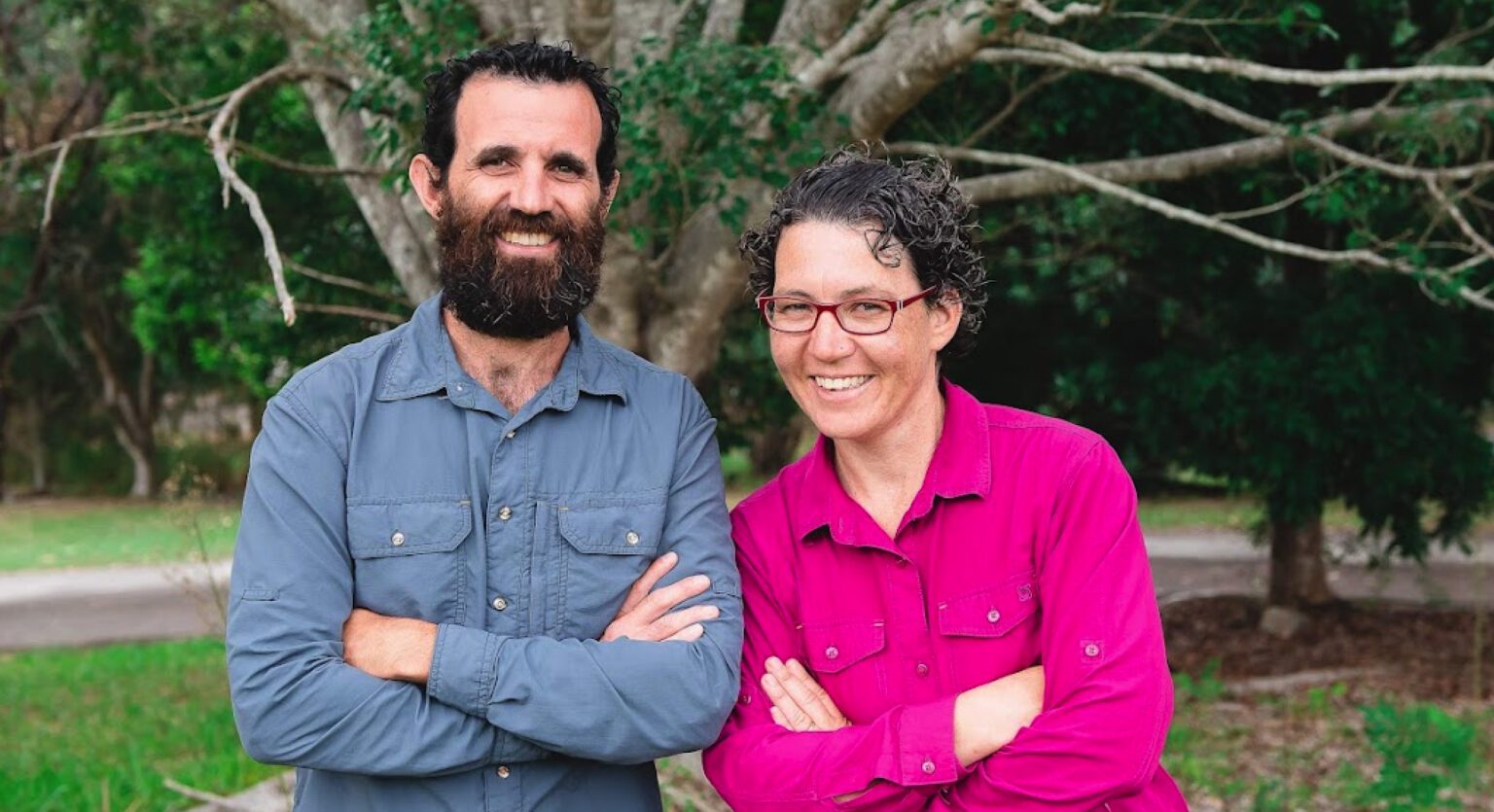Being busy is a reality of being a small business owner, there's no denying that, but there are some simple tweaks you can make to your routine in order to use your time more wisely and forefront your mental health.
At a glance
Here's a snapshot of the advice from our interviewees:
- Use time management methods, such as the Pomodoro technique.
- Revisit your habits often.
- Invest in technology designed to automate processes.
- Think of an investment in your health as an investment in your business.
Boundaries can be difficult to implement and easy to break for small business owners. After all, you’ve watched your idea evolve into a real-life offering, it can be easy to become a little obsessed with nurturing and growing it. But this overflow of passion can easily become all-consuming, meaning other things in life quickly fall to the wayside.
Taking action
Townsville-based psychologist Dr Jo Lukins says our productivity suffers when we don’t have enough time for rest and recuperation.
“When we’re not setting boundaries around how often we’re working, we lose our freshness and our clarity of thinking. We become stale.”
She describes overworking as “a stone in the pond” that ripples out and affects other aspects of our lives.
“Every time you say ‘yes’ to something for your business, you might be saying ‘no’ to something else in your life. You need to take time to weigh those things up.”
Draw a line in the sand
Tuan Duong’s dream wasn’t to take over the world, he just wanted to create a business that would support him. He started his quantity surveying business from his mother’s garage in 2015. Five years later, he found himself with a team of 20, an office space and millions of dollars in revenue. It was more than he could have ever asked for, but it came at a cost.
“I used to go to sleep, thinking and dreaming about work,” he says.
“When I went home, I had to take my phone with me, and I’d answer business calls on the weekends – I thought I had to service everyone, all of the time.”
It was a visit to his doctor that forced him to put some boundaries in place. He was diagnosed with a stress-related disease.
“That was a wake-up call. Working seven days a week, 10-12 hours a day, takes a toll on your body.”
Duong decided to set the expectation with clients and employees that they were strictly a 9-5 business. All staff are instructed to leave their phones at work and voicemails automatically kick in after knock-off.
“Ever since we’ve started being firmer [with these boundaries], it has been rewarding. Clients really respect us for it.”
For Leigh Louey-Gung, owner of personal development firm Life Operating System, the warning signs crept up slowly. When he was running an internet security company – which he’s since sold – he had staff in the US and Europe. Working around those time zones proved challenging.
“I’d wake up at 4am to go to the bathroom and find myself ‘quickly’ checking my phone for emails. Before I knew it, the sun was up.
“My business was consuming every single part of my headspace,” he says.
Revisit your habits… often
Around 40% of what we do each day is a habit, according to Lukins.
“I always say habits are great because they save us from having to think and habits are terrible because they save us from having to think,” Lukins says.
When our willpower is depleted, we turn to our habits. Lukins says this is why business owners need to regularly review their habits.
“Every now and then say to yourself, ‘Every day I walk into work and I do A, B and C. But are these things helping my business? Are they aligning with my best interests?’ Try not to get caught up on what’s good versus bad, but what’s helpful and not helpful,” she says.
Take baby steps when trying to set boundaries, she adds. If there are 10 things you want to improve upon, just start with one.
“That way you’ve only got to change one small, tiny thing and there’s every likelihood that once you’ve mastered that, you’ll incorporate something else. But you don’t put the pressure on and try to tick off all 10 at once.”
Be deliberate with your time
Louey-Gung was shocked to realise how much ‘dead time’ his overworking habits caused. Sure, he was working 14-hour days, but was he getting 14 productive hours out of that day? No.
A few years ago, he adopted the Pomodoro method in order to work more strategically. This technique means you work in short bursts with consistent breaks in between. Louey-Gung’s optimal time is 45 minutes of work followed by a 15-minute break, but he says everyone’s rhythm will be different.
“I’ve got an app on my computer called Vitamin-R that sets up a timer for the Pomodoro method. It’s about $20 and it’s the best $20 I’ve ever spent.”
Duong optimised his time by creating an automated process for his emails. Now, every email that comes through has a reference code attached to it, so it’s clear who it needs to be passed onto – often meaning he can be bypassed all together.
Louey-Gung’s technology approach was to go cold turkey. He puts time locks on the systems he uses, so he’s locked out of them after a certain time and has deleted all his work-related apps from his mobile phone.
Learn to detach
“Every time something happens that makes us scared or anxious, our amygdala [known as the ‘fear centre’ of the brain] triggers our fight or flight response,” Lukins says.
“That’s happening for business owners all the time. They’re thinking, ‘What’s going to happen with JobKeeper?’ or ‘What’s going to happen with business investments?’ This triggers our cortisol levels [stress hormone]. If we’re sitting at our desks with cortisol charging through our bodies – and we’re not getting up and moving – then we can experience an ‘amygdala hijack‘. We need strategies to soothe the amygdala, like going for a walk or having a moment to relax.”
Louey-Gung says an investment in your mental health is an investment in your business.
“If you’re not focused, clear, calm and stable, then when you turn up to work the quality of the work you produce won’t be any good. Your team will pick up on that and either won’t be as productive, or they won’t want to work for you.”








